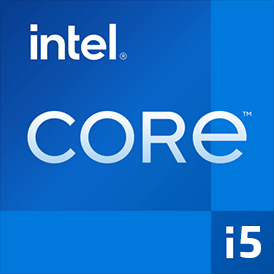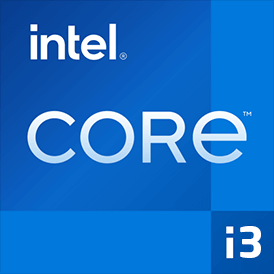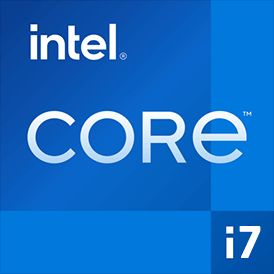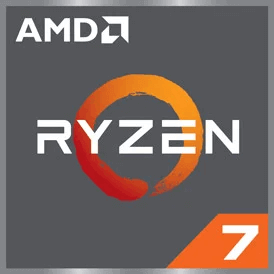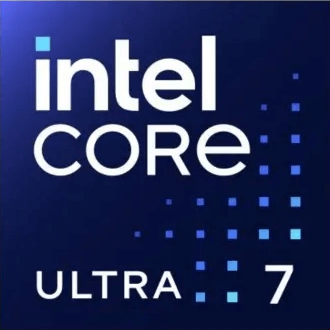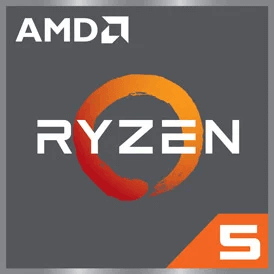Apple M3 Pro vs Apple M3 Max
We compared two laptop CPUs: Apple M3 Pro with 12 cores 4.05GHz and Apple M3 Max with 16 cores 4.05GHz . You will find out which processor performs better in benchmark tests, key specifications, power consumption and more.
Main Differences
Apple M3 Pro 's Advantages
Lower TDP (30W vs 56W)
Apple M3 Max 's Advantages
Better graphics card performance
Larger memory bandwidth (409.6GB/s vs 153.6GB/s)
Score
Benchmark
Cinebench R23 Single Core
Apple M3 Pro
+1%
1978
Apple M3 Max
1950
Cinebench R23 Multi Core
Apple M3 Pro
15098
Apple M3 Max
+58%
24002
Geekbench 6 Single Core
Apple M3 Pro
3160
Apple M3 Max
+2%
3227
Geekbench 6 Multi Core
Apple M3 Pro
15083
Apple M3 Max
+40%
21164
Cinebench 2024 Single Core
Apple M3 Pro
143
Apple M3 Max
142
Cinebench 2024 Multi Core
Apple M3 Pro
1058
Apple M3 Max
+59%
1683
Blender
Apple M3 Pro
253
Apple M3 Max
+64%
415
Passmark CPU Single Core
Apple M3 Pro
4401
Apple M3 Max
+8%
4790
Passmark CPU Multi Core
Apple M3 Pro
25201
Apple M3 Max
+63%
41188
General Parameters
Oct 2023
Release Date
Oct 2023
Apple
Manufacturer
Apple
Laptop
Type
Laptop
ARMv8
Instruction Set
ARMv8
Apple M3
Core Architecture
Apple M3
Apple M-Socket
Socket
Apple M-Socket
Apple M3 Pro GPU (19-core)
Integrated Graphics
Apple M3 Max GPU (38-core)
Package
37 billions
Transistor Count
92 billions
3 nm
Manufacturing Process
3 nm
30 W
Power Consumption
56 W
100 °C
Peak Operating Temperature
100 °C
CPU Performance
6
Performance Cores
12
6
Performance Core Threads
12
4.05 GHz
Performance Core Base Frequency
4.05 GHz
4.05 GHz
Performance Core Turbo Frequency
4.05 GHz
6
Efficiency Cores
4
6
Efficiency Core Threads
4
2.75 GHz
Efficiency Core Base Frequency
2.75 GHz
2.57 GHz
Efficiency Core Turbo Frequency
2.57 GHz
12
Total Core Count
16
12
Total Thread Count
16
40
Multiplier
40
192 K per core
L1 Cache
192 K per core
16 MB shared
L2 Cache
32 MB shared
No
Unlocked Multiplier
No
Memory Parameters
LPDDR5-6400
Memory Types
LPDDR5-6400
36 GB
Max Memory Size
128 GB
3
Max Memory Channels
8
153.6 GB/s
Max Memory Bandwidth
409.6 GB/s
No
ECC Memory Support
No
Graphics Card Parameters
true
Integrated Graphics
true
500 MHz
GPU Base Frequency
500 MHz
1600 MHz
GPU Max Dynamic Frequency
1600 MHz
2304
Shader Units
5120
144
Texture Units
320
72
Raster Operation Units
160
288
Execution Units
640
30
Power Consumption
60
7.4 TFLOPS
Graphics Performance
16.4 TFLOPS
Miscellaneous
4.0
PCIe Version
4.0

